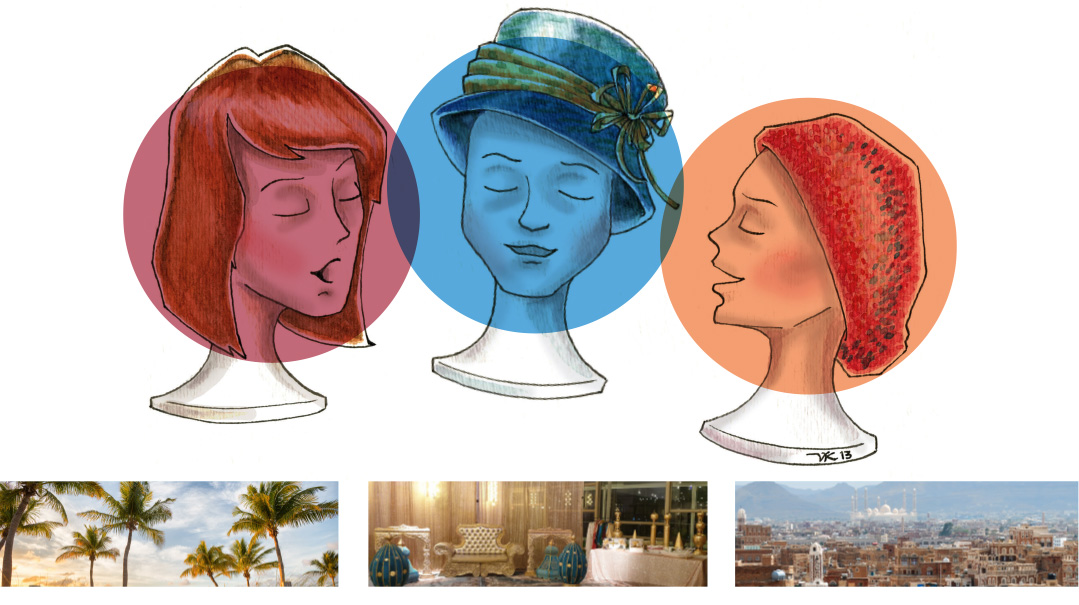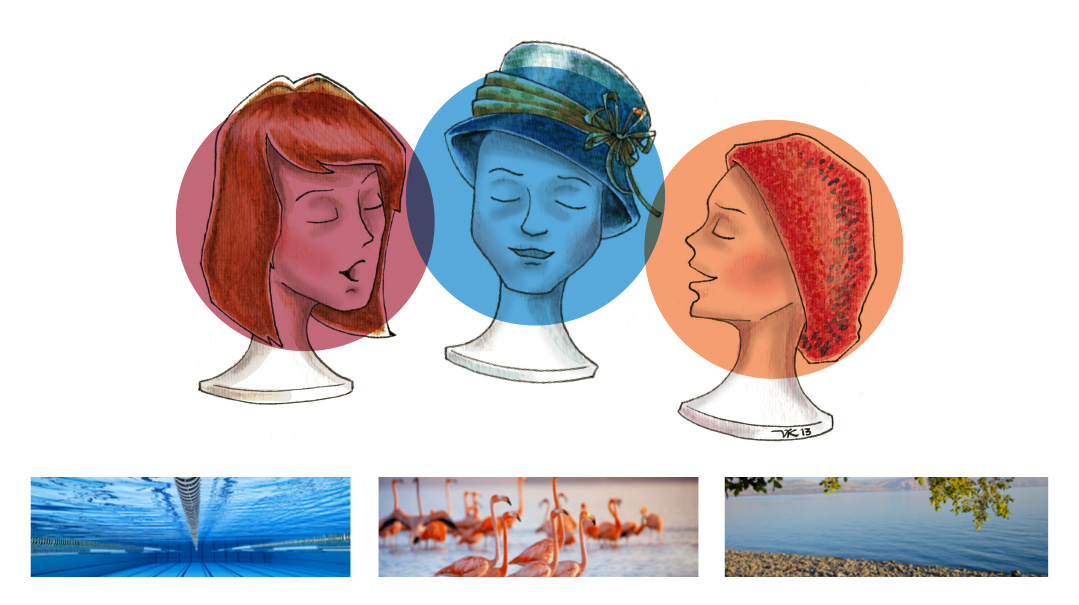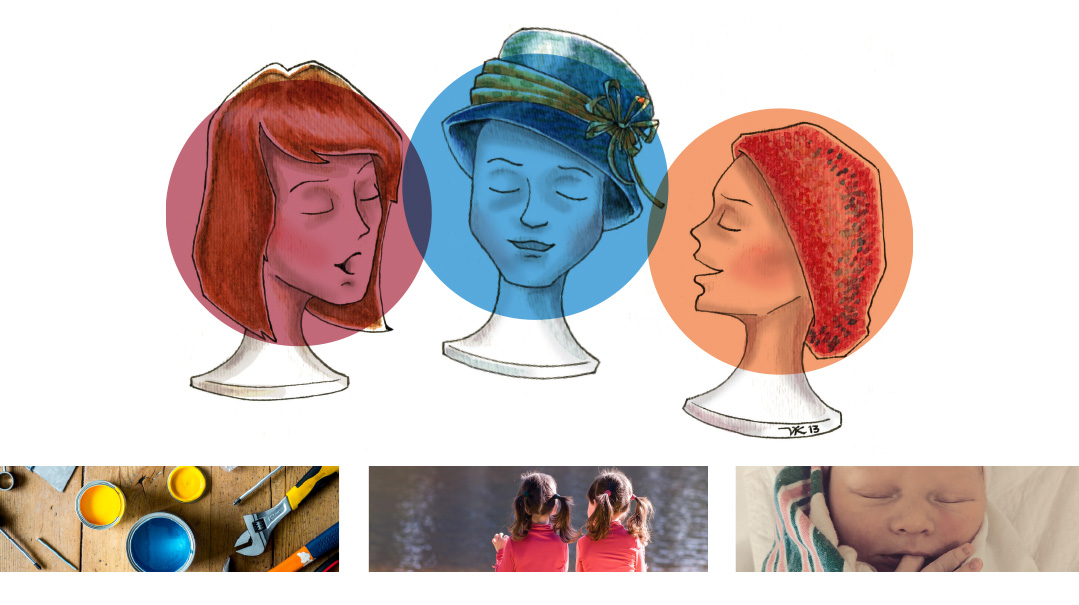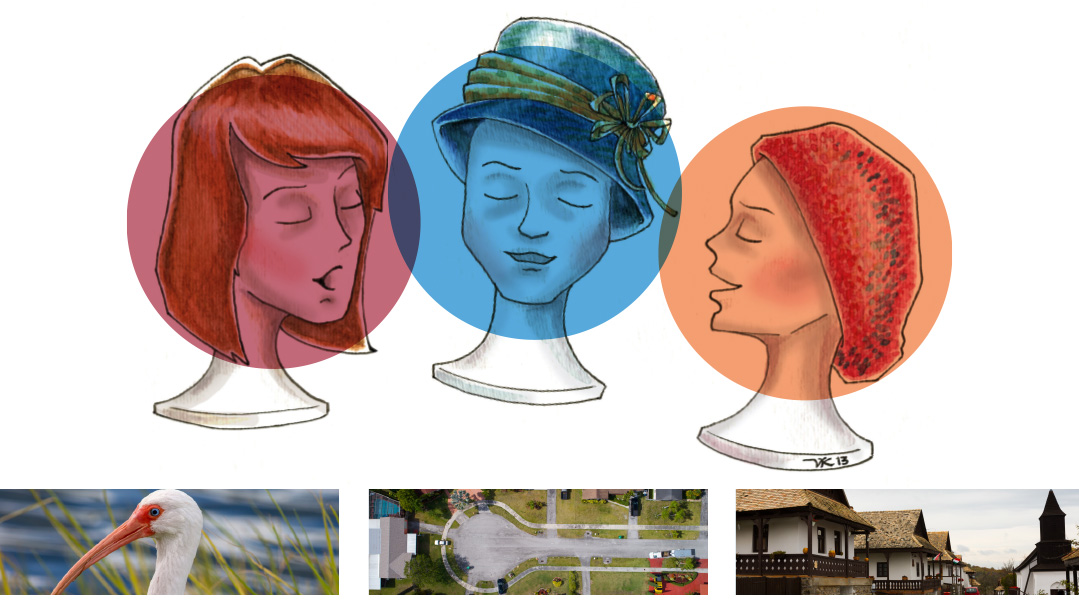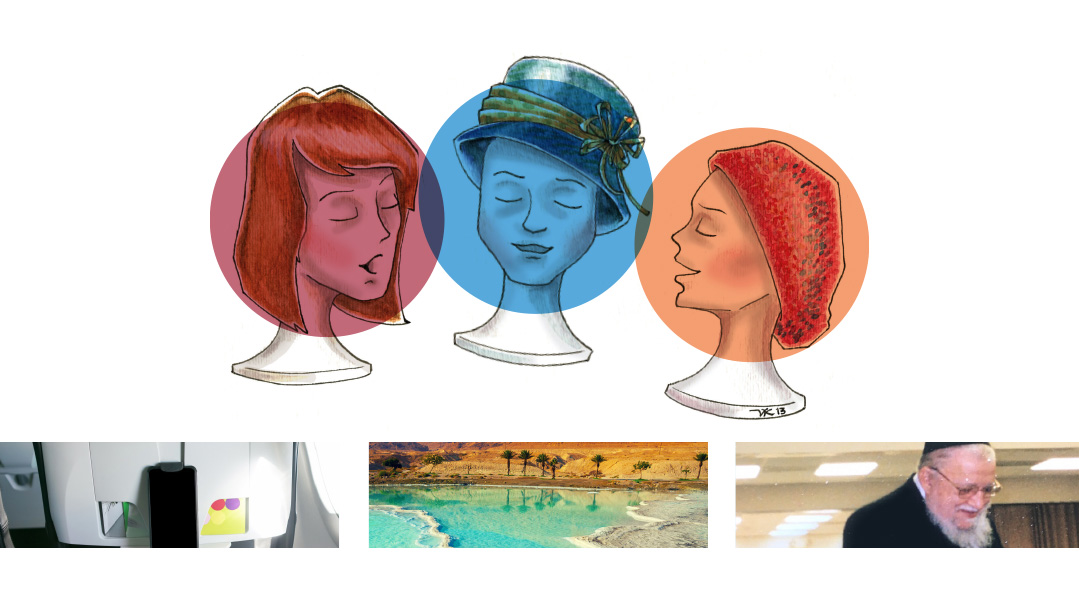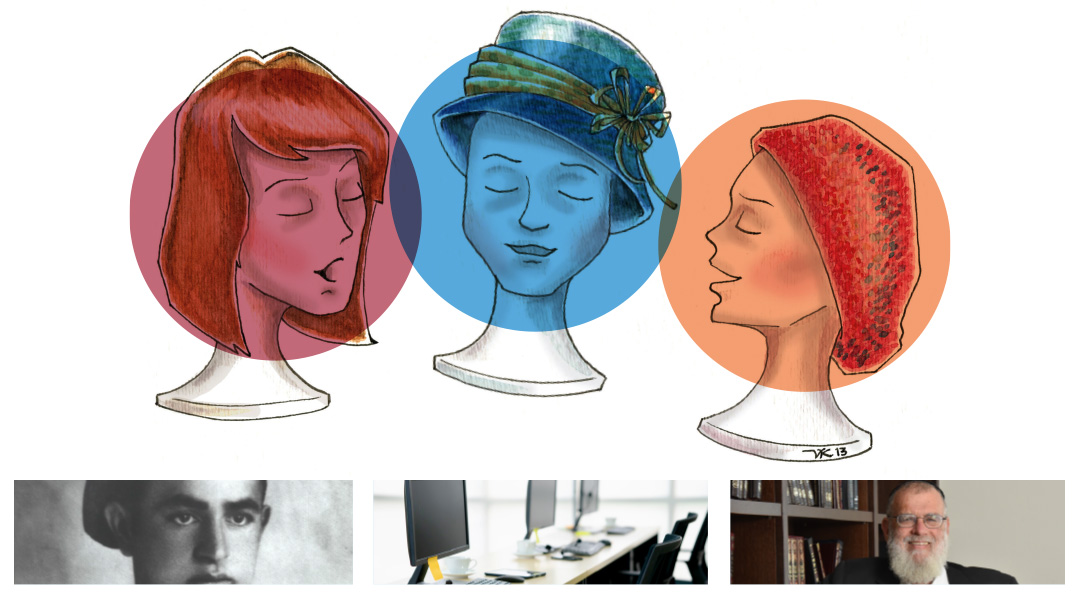Words of War
| November 21, 2023Please join us as we share our words of war: our mother’s words, still remembered and inspiring us, 80 years later
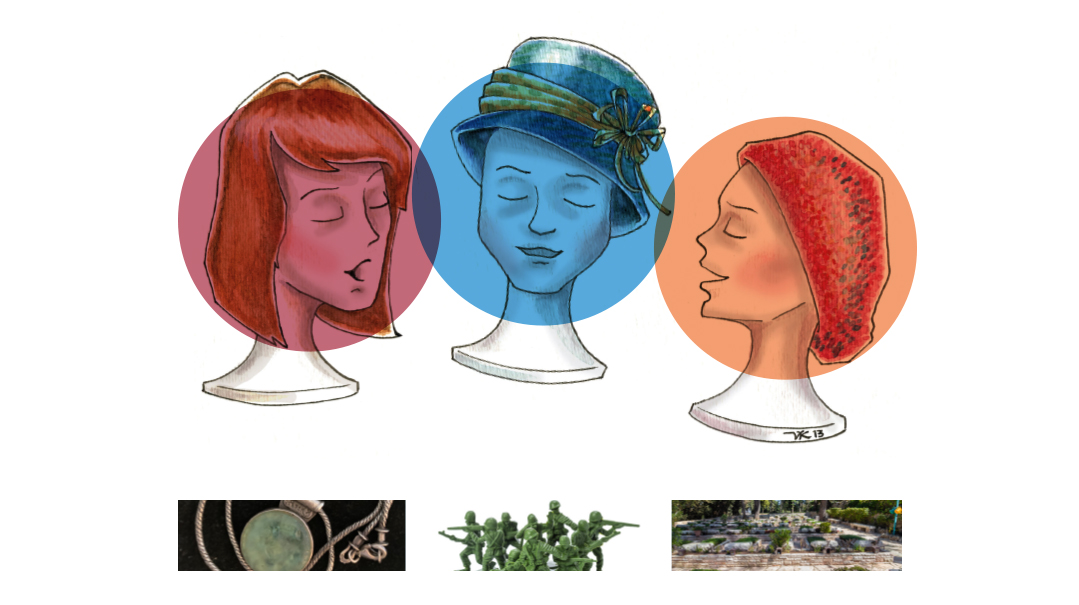
Words of chizuk. Political discussion. Military analysis. Psychological studies. Stories of horror, stories of heroism. Words that warm our hearts… and words that break them….
Innumerable words have been written about the matzav — the pogrom of October 7 — and the ensuing and ongoing war. We Sisters asked ourselves — do we have something to add? Something new to say? Something that hasn’t been written before?
The answer, of course, is yes. We have something new to express. As does every Jew….
The trauma we’re facing, the fears, the hopes, yes, those are shared. We’re one people, one family, facing the same tragedy, the same threats. But while being Jewish means being part of the klal, we never forget the importance of the prat, of each individual.
That’s why when we see thousands of men in wrinkled green uniforms, we don’t see a mass of soldiers — we see individual brothers, fathers, sons. And why, when we think about the captives, Hashem yerachem, they’re not just hostages — they’re Emma and Yuli, the three-year-old twins; four-year-old, redheaded Aryeh; 85-year-old Yaffa, who needs kidney medication….
Please join us as we share our words of war: our mother’s words, still remembered and inspiring us, 80 years later; words we listen to and words we speak as a form of therapy; and the bittersweet words spoken by children trying to make sense of the chaotic world of war.
Miriam is inspired by...
Mommy’s Wartime Gift
My mother, Rose Stark a”h, gave me many gifts. The gift of life of course, and the gifts of her warmth and her love. Now, more than ten years after her passing, during the first pain-filled, terrifying days that followed our most joyous holiday, she gave me still another gift. A gift that only a Holocaust survivor could give, in the shadow of atrocity and horror: optimism, determination, and unyielding faith.
Those first few days are hazy in my mind, clouded in a mist of tears. I was journeying through an emotional landscape I’d believed we’d left behind years before. Words, horrible, dark words, words like pogrom and Holocaust, words like kidnapping and atrocities and unthinkable desecrations — had jumped out of history books and become today’s headlines.
And there were so many questions. Practical questions: Is our building miklat (shelter) open, clean, and accessible? (Yes.) How much time do we have to get into shelter when the siren goes off? (Ninety seconds in Yerushalayim; all of 15 seconds in the war-weary south.) Will there be enough food? (There was.) What about school? (Mostly, there wasn’t.)
Emotional questions: How much do I need to know, what clips and photos do I need to see, in order to be “nosei b’ol chaveiro” — and how much will paralyze me? How do I balance the demands of real life with my desire — no, my profound need — to help out the mounting numbers of evacuees and soldiers?
And what about simchahs? Big ones, like a neighbor’s son’s bar mitzvah. Small triumphs, like finishing a chapter from my serial on time. Can I smile, laugh, when hostages are trapped in the grim tunnels of Gaza, when soldiers are massing on the border, and missiles are flying overhead? But can I not? Do we grant a kind of victory to Amalek by leaving everyday happiness behind?
And, finally, most important of all: Hashem. What does He want of me? What can we as a people, and I as a Jew, do better, so that we need not go through this agony again?
Day four of the war. I’ve been in the house all day, and in the evening I take a walk outside. Rechov Agasi, where I live, is built on top of a mountain. Mount Herzl, Yerushalayim’s military cemetery, is on the next mountain over. I’m chatting with an overseas cousin when suddenly over a powerful sound system I hear a chazzan singing the words of holiness and melancholy that escort Jews to their rest: Keil Malei Rachamim….
The sounds were coming from Har Herzl, a military funeral for yet another young soldier. But the haunting words seemed to be rising up from all the beautiful mountains of Yerushalayim, from the trees in the valley, from the sidewalks of Har Nof and Tel Aviv and Sderot and Kibbutz Be’eri. “Keil Malei Rachamim….”
Yeshayahu Hanavi promises us that in days of peace, “The mountains and hills will break out in glad song” (55:12). But now, with peace so far away, the mountains and hills seemed to be mourning, chanting a prayer for shattered lives, for the hostages and soldiers and the kedoshim of the past days.
I hang up on my cousin, tears pouring down my face. I look up at our beautiful Yerushalmi sky and ask Hashem: When? When will the agony end? How can we live like this? Please — give me hope.
And then I think of Mommy.
She’s all of 24 years old, and in one night she became an orphan, a widow, a bereaved mother, a sister mourning her siblings. Thirty-eight family members traveled to Auschwitz, and only my mother and one nephew survived the first night.
A few days later, she’s staring at the barbed wire around the death camp. A woman, hopeless and embittered, speaks to her. “You see that gate?” she says. “No one comes out of that gate alive.”
And my mother calls upon every ounce of strength, of emunah, within her.
“I am going out of that gate. Alive.”
And she did. She survived. She rebuilt.
And I know that we will, too.
Marcia uses conversations as…
Babbliotherapy
Brothers, sisters, children, grandchildren, nieces, nephews, friends… what “chutznik” doesn’t have loved ones in Eretz Yisrael?
Me? Two sisters, my husband’s brother, their spouses, their children, their grandchildren. Tons of friends. And — last but not least — a single granddaughter in seminary and a married granddaughter and her husband. They’re all spread throughout our embattled Holy Land.
Each day I call at least one person who finds talking therapeutic — my sister Emmy Leah calls it babbliotherapy.
Listening to my granddaughter. Menucha answers my call right after she and her friends ran down the block, back to their sem building, upon hearing booms from the Iron Dome.
“Don’t worry, Bubby.”
“Don’t worry?” I respond. “That’s like telling a fish not to swim, a bird not to fly, a cow not to chew its cud. You know what my mother — your Elter Bubby a”h — always used to say? ‘I vas verry vorrried.’ Worrying is in my DNA!”
“So then it’s in my DNA, too.”
“No, you don’t understand. It’s my job as a bubby to vorry. What you need to do is send all your vorries over to me. I’ll take them on. I’ve got more experience than you in how to handle them.”
She laughs, and I can hear the tension melting from her voice.
I hang up and pat myself on the back. You did good. You used humor to dispel her fears. But wait — you weren’t kidding about our Family Worry Gene.
Oy. Now I’ve got her worries on top of my own.
Listening to my niece. Racheli’s husband is an army doctor, so she’s single-parenting their two little ones. She lives in a “Yellow Zone,” and today they’re reopening the ganim. She asks my advice.
“What do you think? Should I send them to gan so I can see some clients? It’s probably okay to send Eitan. He’s five, and the five-year-olds are used to the sirens. They know how to run to the shelters. But I’m worried about Ariel. There aren’t enough ganenot to carry all the two-year-olds.”
I just listen while she sorts it out for herself.
I hang up, shaken. Five-year-olds who know what to do when the sirens sound? Two-year-olds who need to be carried to shelters? “Normal” everyday activities?
Oy. I need some babbliotherapy for myself. I need someone to listen to ME.
Talking to a friend. I call my friend Shayna, and we agree to do brunch. Shayna’s the most positive person I know. If anyone can relieve my empathetic angst, it’s Shayna.
I tell her how powerless I sometimes feel. Yes, I know that with emunah and bitachon I should be able to control these emotions. And yes, I daven. Join Tehillim groups. Give tzedakah. Email politicians. Attend shul gatherings. And large rallies. Practice good listening. And yet… sometimes….
Shayna’s a good listener and a model of creative positivity. She’s also an artist. Her medium is fused glass. In her garage-repurposed-into-studio, she has a kiln and produces the most gorgeous pieces. She also holds fun workshops, both inside and outside her studio.
Over breakfast burritos, she describes a “Make Your Own Mezuzah Case” workshop she held in a local shul the other day. After class, an Israeli woman thanked her for taking her mind off the war. Changing her focus to creativity was relaxing. Releasing.
We decide to call this phenomenon Glass Therapy.
Glass…. Our conversation triggers a memory. Years ago, during a visit to Israel, my late husband and I happened upon a Yerushalayim jewelry shop that specialized in ancient Roman glass. I’m not usually a jewelry aficionado, but I was drawn to the creative pieces designed around fragments found in archaeological digs.
Noticing my fascination, Sheldon a”h bought me a silver necklace whose simple design beautifully set off the greenish hue of a Roman glass fragment. Now, whenever I wear that necklace, I get a feeling of satisfaction. Imagine… a mighty empire eradicated. Its only remnant a fragile piece of glass. A piece of glass — ironically — bought in modern Israel and worn around the neck of a Jewish woman!
Glass…. Fragile yet enduring. Breakable yet — when heat and creativity are skillfully applied — fixable. A material that can be ground into powder and then reshaped into a creation even more beautiful than before.
Like Am Yisrael.
Emma Leah watches…
Children at War and at Play
Let me tell you about my grandchildren.
No, don’t turn the page in the justifiable fear that you’re about to hear me brag about how smart and beautiful my grandchildren are, and the clever thing the youngest said yesterday. They are, and he did, but that’s not what I’m talking about.
Let me tell you about my grandchildren, and grandchildren all over Israel, facing their first war.
Let’s start with the little ones. Five-year-old Eitan and his two-year-old brother Ariel, playing with Matchbox cars as usual. In middle of the game, Eitan shouts, “Whoo! Whoo! Azakah! Siren!” and the two run into their safe room. Six-year-old Yisrael and four-year-old Elisha also play missile attack, but they take their Matchbox cars and race them to a miklat, a shelter they built out of Lego. Just for fun.
At least they’re playing with cars. My daughter Malka, a play therapist, told me the toy soldiers she keeps on hand are more popular now than cars and trucks. Toy tanks are good, too. One troubled child took a handful of green plastic soldiers and flung them across the room. Would we could do that with our enemies!
Five-year-old Tamar just returned from a short trip to the US with her family. Whenever they stayed at a new house she asked, “Where’s the safe room?” At Great-Aunt-Marcia’s Maryland house, she pointed out that they could shelter under the stairs. What do you suppose a five-year-old thinks she’s sheltering from?
My neighborhood is full of women called up for what they’re describing as “miluim shel Savta,” Bubby’s Reserve Duty. Grown-up children are returning to their parents’ homes because their husbands are in the army or their apartments don’t have proper shelters.
Suddenly, the street our kids grew up on and moved away from is once again hopping. Savtas push babies in strollers, grandmas feed toddlers Bamba, bubbies warn children on bikes when a car is coming. But instead of talking about the price of diapers or comparing kindergartens as we did when we were the young mothers, the conversations are about who is stationed where, and whose son has given in his phone — a sure sign he’s going into battle.
There are light moments. My friend Hadas has two young couples without easy access to shelter. They both arrived at her house — a quiet “empty nest” with just her, her husband, and her large dog — the first week of the war, with their two babies and two even bigger dogs in tow. Every morning, sitting on my front porch, trying not to cry over the daily paper’s headlines, I was cheered by the sight of a grandmother, two young mothers, two babies in strollers, and three large leashed dogs pulling this way and that. Not quite a military parade, but close.
Little children grow up — which brings me to a friend’s older granddaughter, who got engaged in the second week of the war. Her soldier chassan got a day off to propose. They went to a park where he dramatically presented her with a ring. Of course they took pictures of the exciting moment — but then they remembered that soldiers aren’t supposed to post pictures of themselves in uniform. So he ran to the park’s public bathroom, changed into his “civvies,” and gave her the ring again, for the photographic record.
The young soldier was given one day off for his proposal, but his buddies agreed to take his shifts for the next three days so he could enjoy some time with his kallah. The IDF is the bravest army in the world, the most moral — and the one with the biggest heart.
Children at play, baby parades, young couples pairing off — the children and grandchildren in our war-torn country keep us going. And they keep us… praying. That their childhood will continue carefree. That they will be able to move from building Lego houses to building their bayis ne’eman b’Yisrael. That b’ezras Hashem their fathers and grandfathers, brothers and uncles, will come home from the war they are fighting so our children will be safe.
As we watch Israel’s children playing and growing, we plead with Hashem for the return of all the hostages. May the 32 kidnapped children return to play and grow.
(Originally featured in Family First, Issue 869)
Oops! We could not locate your form.

